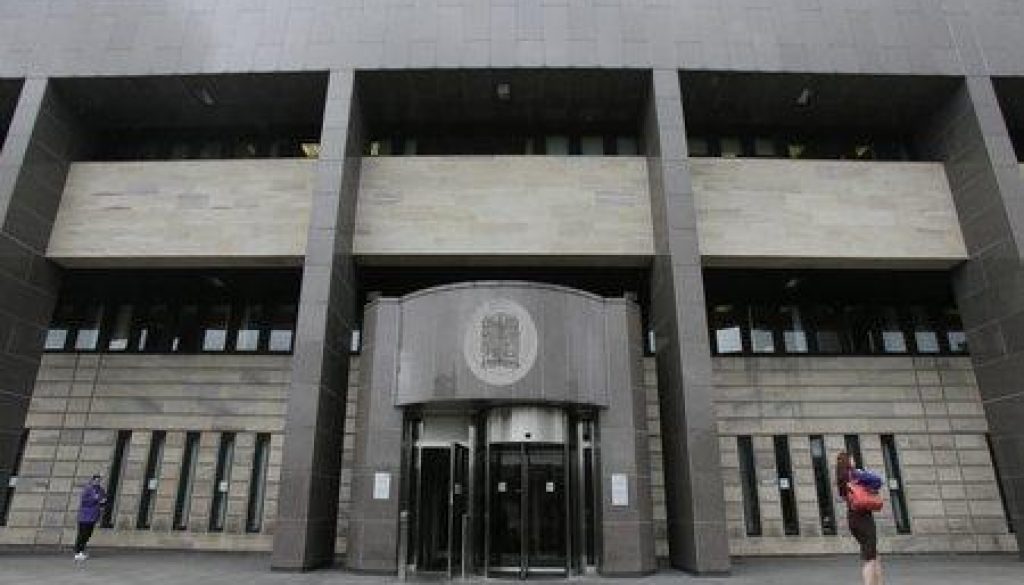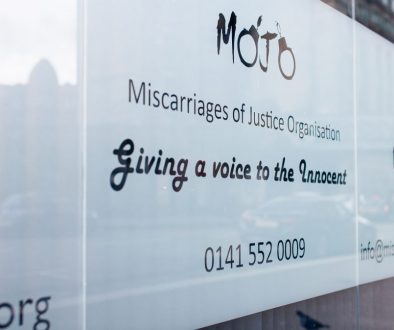Vulnerable Witnesses Consultation
The Herald has today reported on our evidence, yesterday, to the Justice Committee of the Scottish Parliament. Their report is reproduced below, and can be read on the Herald website HERE.
The Justice Committee was considering the Vulnerable Witnesses (Criminal Evidence) (Scotland) Bill, currently progressing through the legislative process at the Scottish Parliament. Our principal concerns are twofold: The parliamentary draughtsmen have recognised that protections proposed for vulnerable complainers and witnesses should properly be made available, in some as yet undefined form, to vulnerable accused, but the Bill as presented makes no such provision. Our position is that this is inherently unfair, and that the enactment of the legislation should be proceeded with only when the appropriate safeguards for vulnerable accused have been identified and incorporated. We are similarly concerned at the proposal to “deem” complainers vulnerable on the basis simply of the nature of the offence charged. We think it more appropriate that there be some objective and evidence-based test of actual vulnerability. As we made clear to the committee, we have no problem with the provision of appropriate, protective, measures for child witnesses and for adult complainers and witnesses who are, indeed, vulnerable.
PLANS to introduce extra measures to protect vulnerable witnesses in criminal trials are unfair and a “threat” to justice, campaigners have warned.
Euan McIlvride, of the Glasgow-based Miscarriages of Justice Organisation Scotland, said putting in place special measures for certain witnesses or complainers risked creating a “heightened sense of sympathy” among jurors.
It comes as MSPs consider new legislation which aims to reform how vulnerable witnesses are treated during trials. The move would see a greater reliance on pre-recorded evidence.
However Mr McIlvride insisted there was no objective test to decide what made someone vulnerable, and argued the proposals had not been “properly examined”.
He told a Holyrood committee: “We see an imbalance in the separate treatment of vulnerable witnesses and complainers, as against vulnerable accused.
“It seems to us surprising that we would be proposing to proceed with legislation which is, by definition, unbalanced in that way.”
He added: “We take that to constitute a threat to the trial process in that a witness or a complainer who is deemed to be vulnerable will derive some advantage in terms of credibility in the eyes of a jury.”
Mr McIlvride said the plans risked encouraging sympathy for witnesses and complainers at the expense of the accused.
He said: “I think if you are looking at deeming witnesses to be vulnerable on a blanket basis, just by virtue of the nature of the offence charged, there is a danger there.
“As we see it, the deeming of a witness or a complainer – particularly, we’re concerned about complainers – as being vulnerable, and the provision of special measures for them, will give them a status in the eyes of jurors which is an advantage, I would think, in an adversarial situation.
“There will be some support offered to their credibility, I think, in that situation.”
He said there should be a test to establish whether or not a complainer really is vulnerable. However, he argued children should be covered automatically.
Mr McIlvride was giving evidence to Holyrood’s justice committee, which is considering the Vulnerable Witnesses (Criminal Evidence) (Scotland) Bill.
This would introduce a new rule which would generally require children to give evidence in written or pre-recorded form in the most serious cases. Scottish ministers could then extend this to adults deemed to be vulnerable witnesses.
Grazia Robertson, of the Law Society of Scotland’s criminal law committee, insisted it was “difficult without formal assessment” to know what impact such rules have on jurors.
She said: “Certainly, with remote links – where the witness is not in court but jurors view the evidence on a screen – there has been concern that because the witness is at some distance, the jurors might not get the same feel for the evidence as they would if the witness was in court.
“Again, there are different views on that; the matter is not really settled.”



